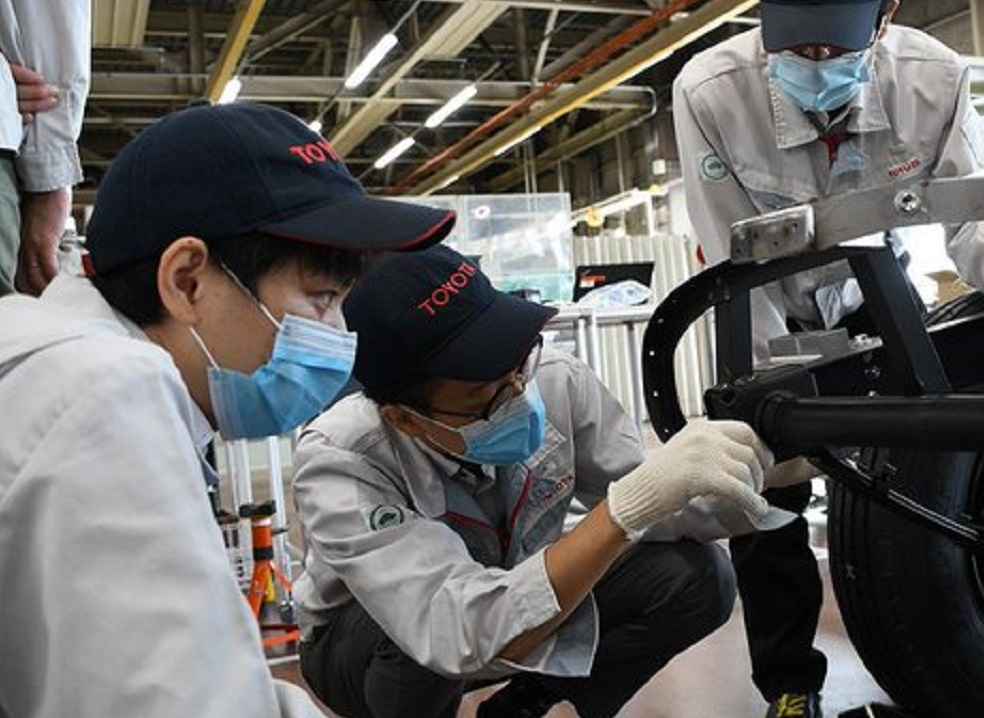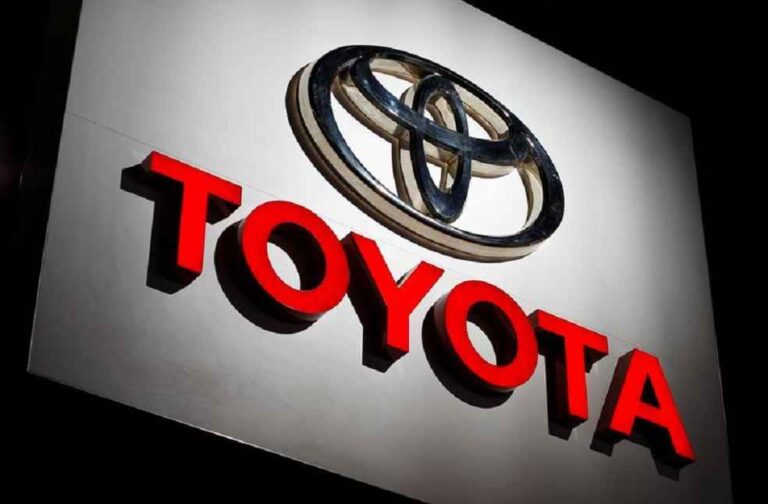A major admission from Japan’s leading automaker, Toyota, reveals substantial lapses in vehicle certification processes, triggering a nationwide uproar. The Japanese government has ordered the company to implement ‘drastic reforms’ after new certification violations surfaced, indicating deliberate misconduct and irregularities across several models previously undisclosed.
On July 31, 2024, the Japanese Transport Ministry’s corrective order required Toyota to revamp its certification operations to restore public trust and comply with legal standards. Intensive on-site inspections by regulatory officials exposed alarming discrepancies in Toyota’s vehicle certification procedures.
Irregularities were identified in seven additional Toyota vehicle models, including some still in production. Initial reports suggested limited impact, but recent revelations show a more extensive problem, raising global concerns since several models are also certified elsewhere, warranting international scrutiny.

Toyota admitted to submitting flawed or manipulated data during certification, jeopardizing the company’s integrity. Notable models affected include the Corolla Fielder, Corolla Axio, Yaris Cross, and luxury Lexus variants. The firm plans to resume production of these vehicles in September, pending Transport Ministry approval for compliance with safety and ethical standards.
This isn’t Toyota’s first controversy. Earlier in June, a safety test scandal involving the Daihatsu compact car division led the Transport Ministry to order comprehensive compliance checks across the industry. These investigations into Toyota’s practices prompt serious questions about the company’s oversight and measures to prevent future lapses.
Koji Sato, Toyota’s President and CEO, issued a public apology, stressing the company’s commitment to corrective actions and greater transparency. “We are undertaking efforts to ensure that we meet the highest standards of integrity and safety in our operations,” Sato stated. His remarks aimed to reassure customers and stakeholders, emphasizing that despite ongoing investigations, owners of the implicated vehicles can continue using them without immediate safety concerns.

Toyota’s situation serves as a cautionary tale about the dangers of neglecting compliance in a field that directly impacts consumer safety and trust. The repercussions extend beyond corporate boardrooms, potentially affecting consumer confidence, vehicle sales, and regulatory landscapes.
Industry analysts foresee that Toyota’s missteps may accelerate legislative oversight on vehicle manufacturing and certification processes, increasing pressure on Japan’s entire automotive sector. Global markets closely watch these developments, as the fallout could influence automotive regulations beyond Japan, with worldwide demands for stricter safety measures.
The incident raises a critical question: how many more automakers will face similar violations? The push for stronger enforcement of regulations is closely tied to public safety, a crucial issue as automakers navigate compliance in today’s complex regulatory environment.
Additionally, the automotive industry braces for significant shifts with the rise of electric vehicles (EVs). Balancing the transition to greener technologies with adherence to stricter safety regulations will likely reshape automotive manufacturing. As industry leaders address these challenges, transparency and accountability will take center stage. Toyota’s crisis might only represent the beginning, potentially leading a movement toward more rigorous standards across the industry.
EV WORLD | Uber and BYD Partner to Deploy 100,000 EVs in Key Global Markets





